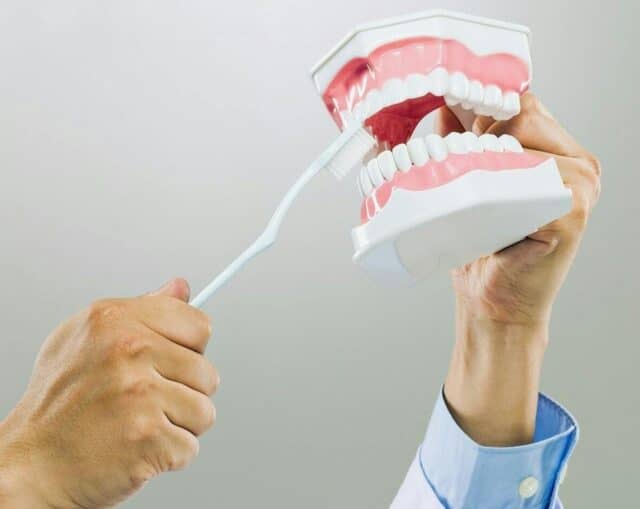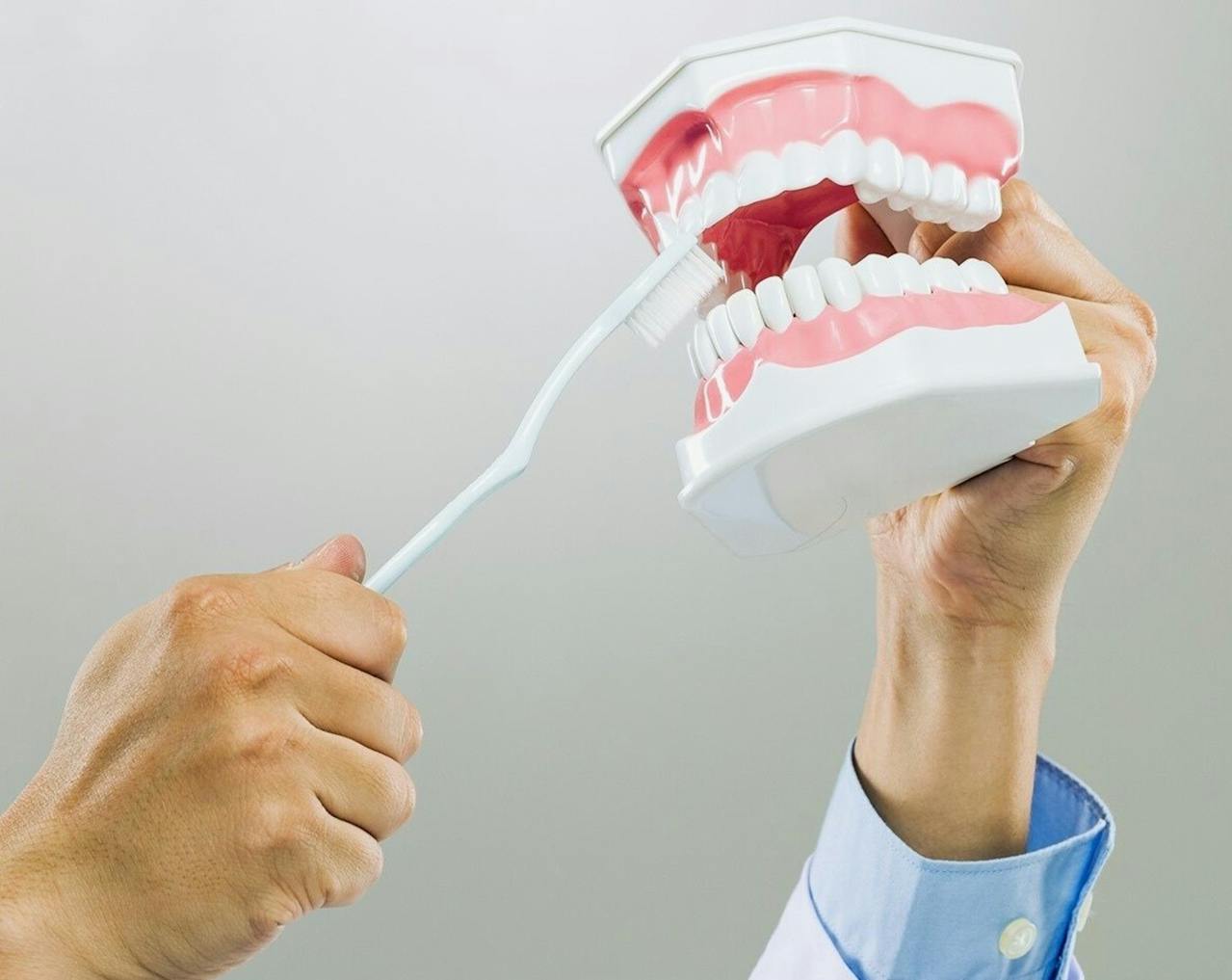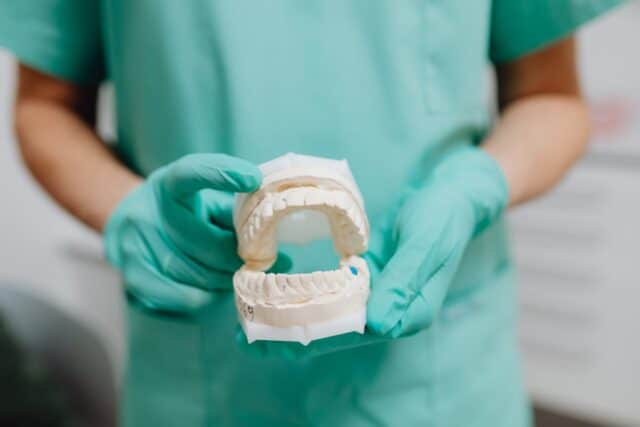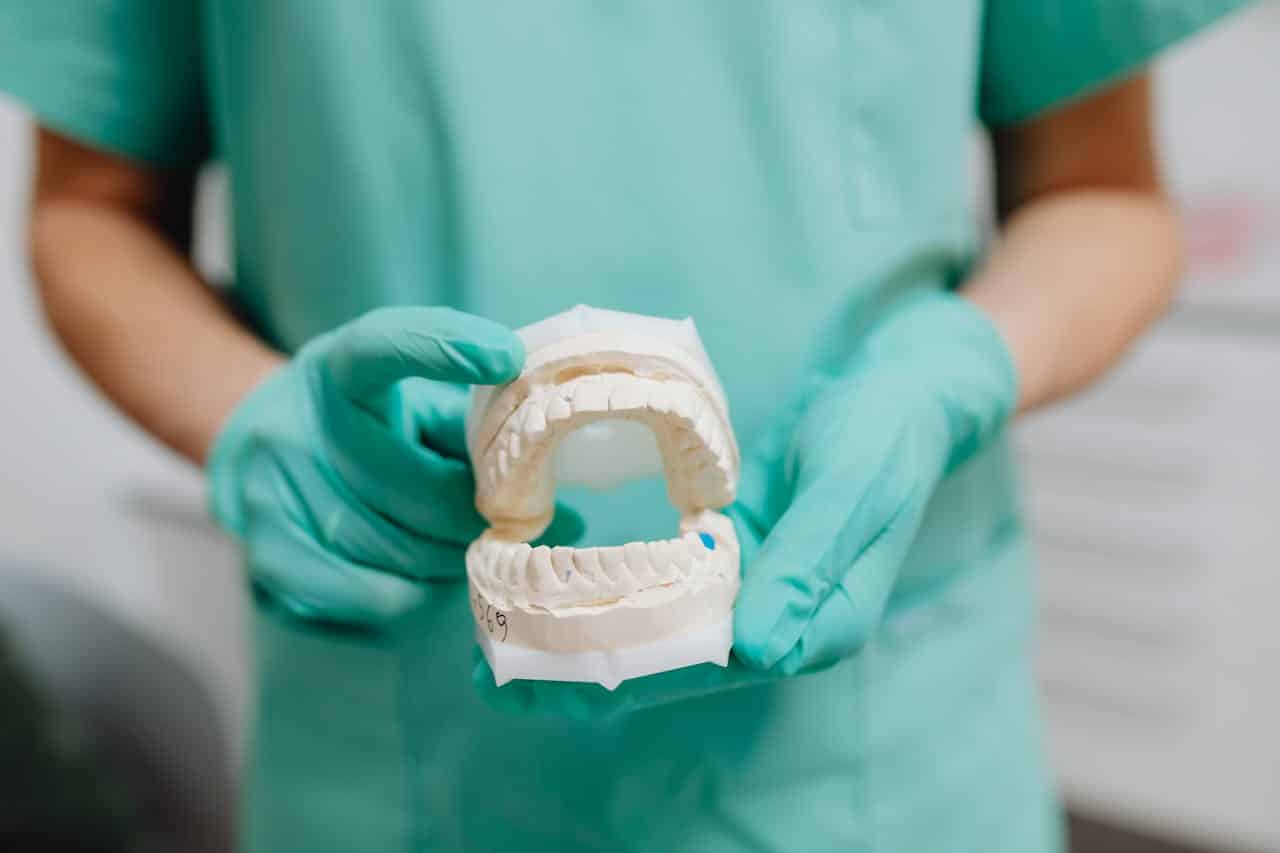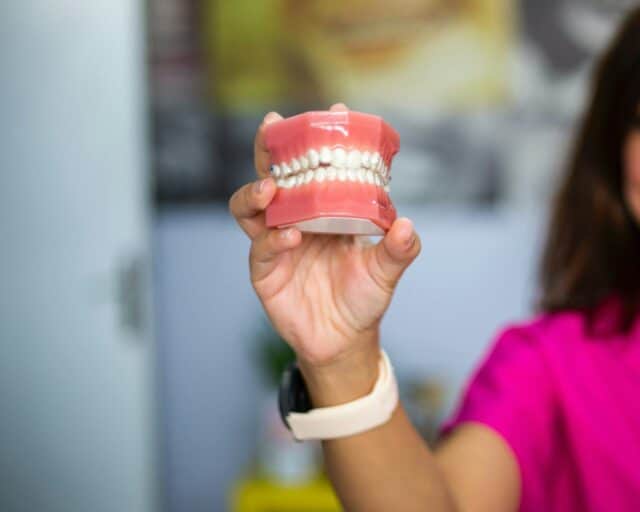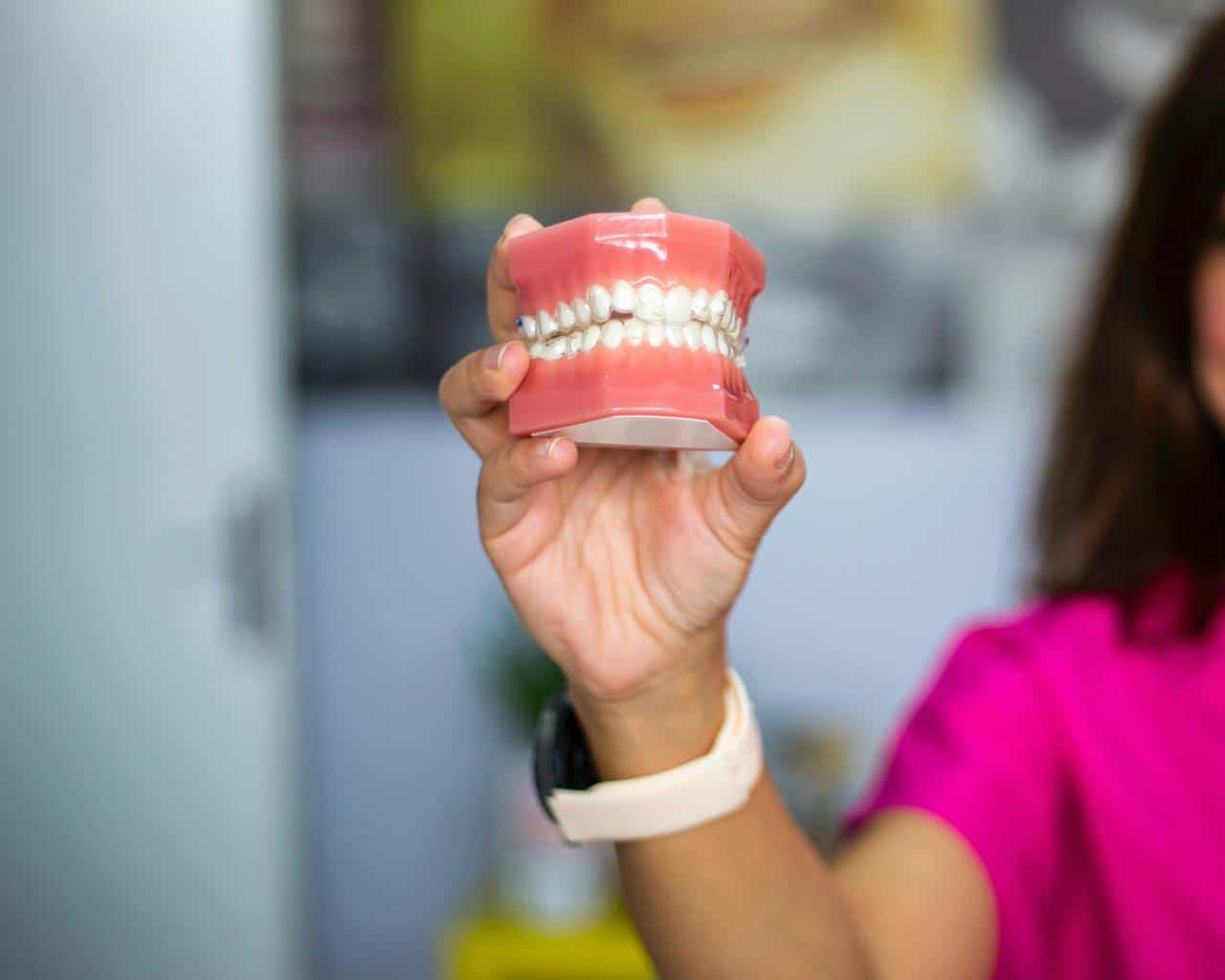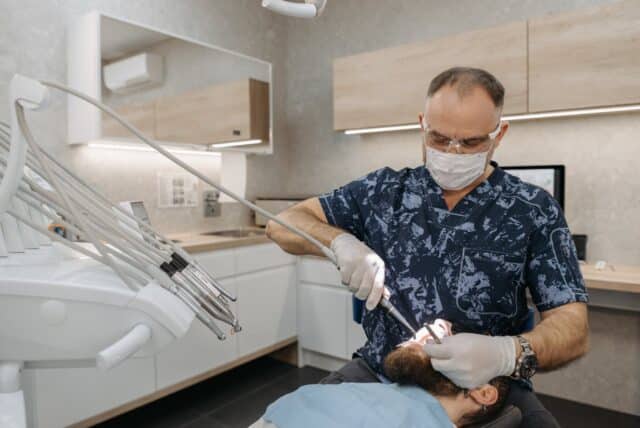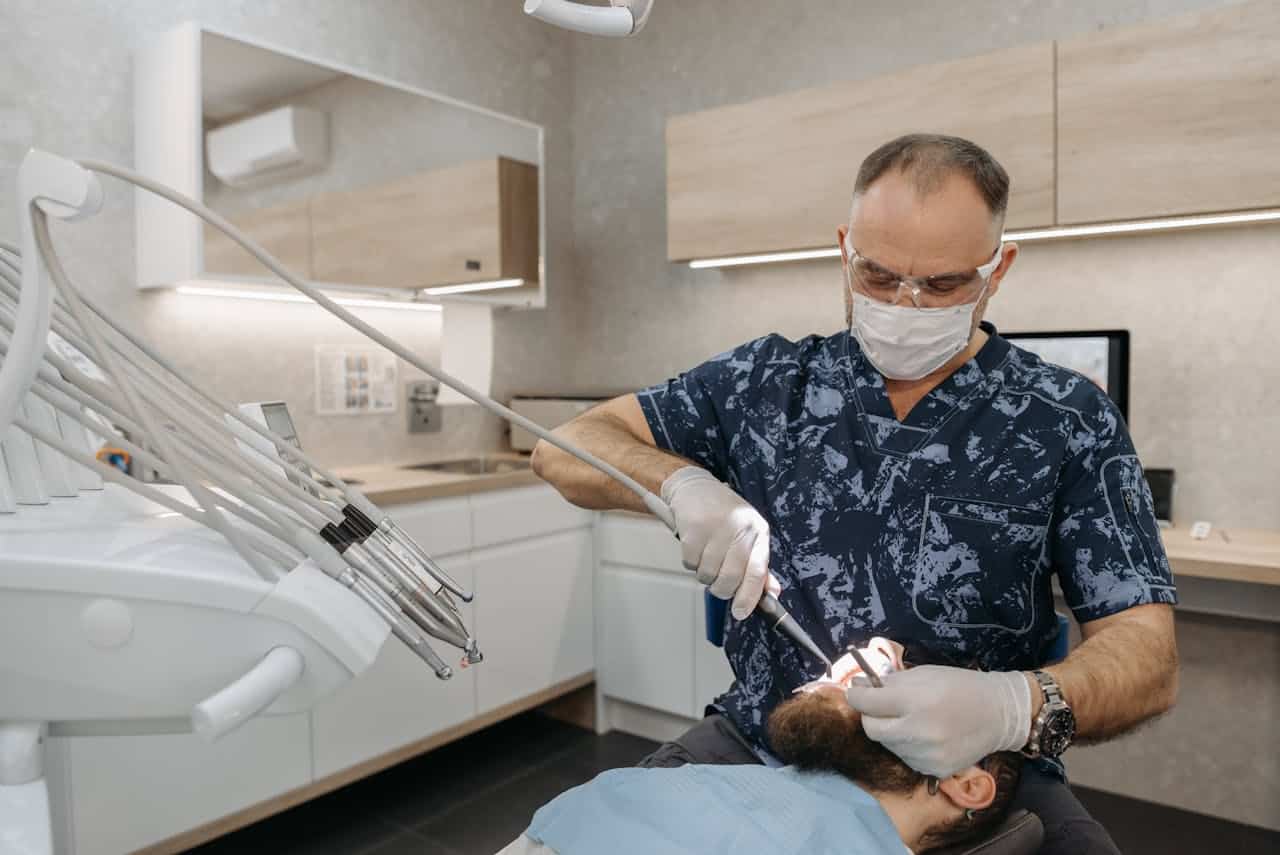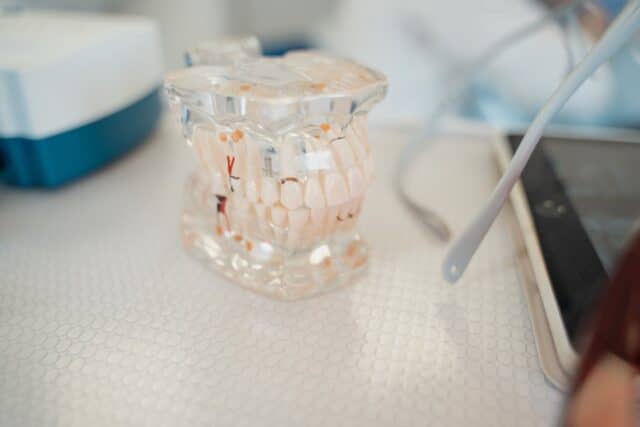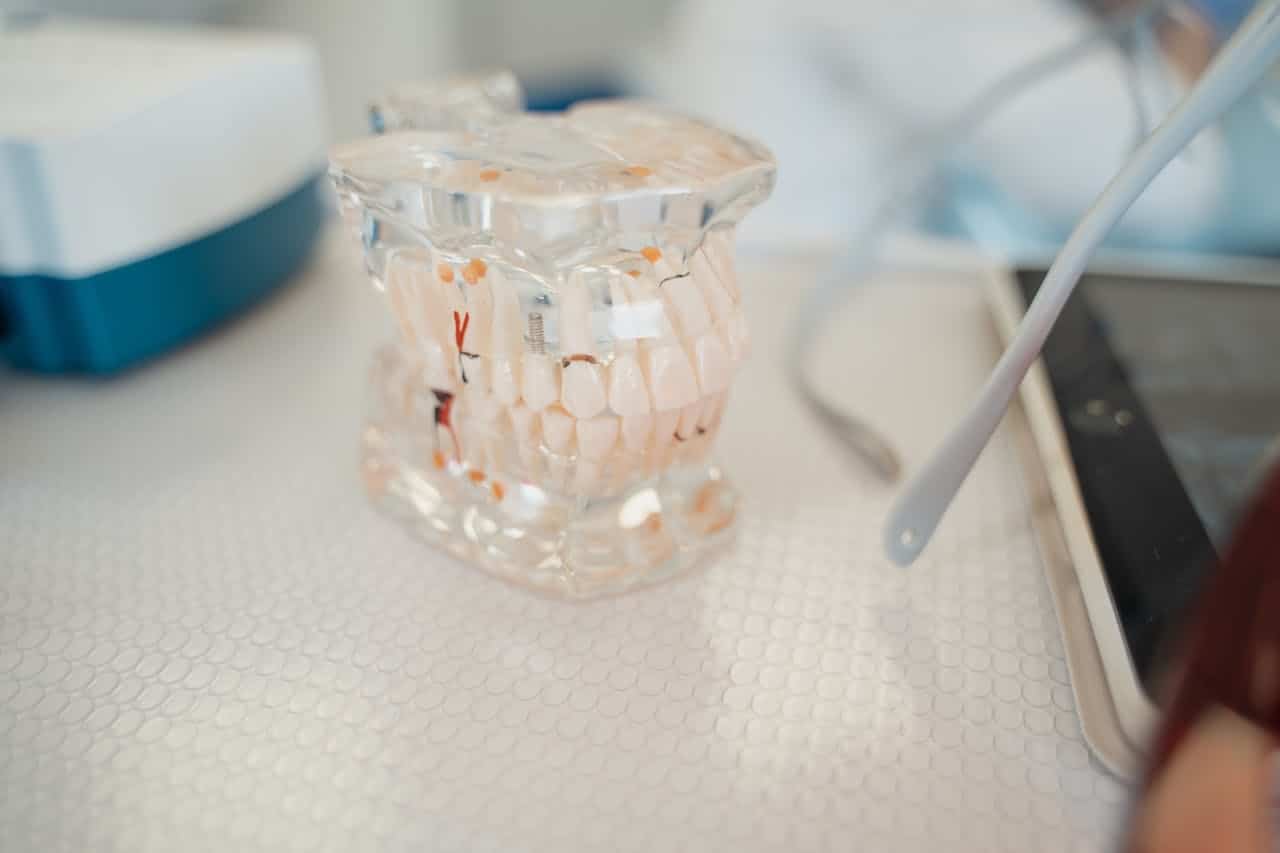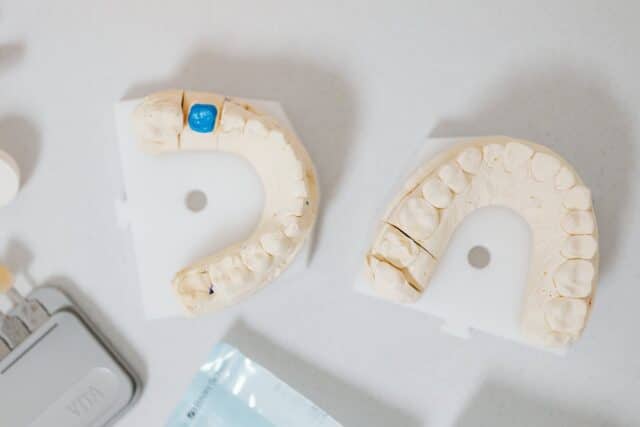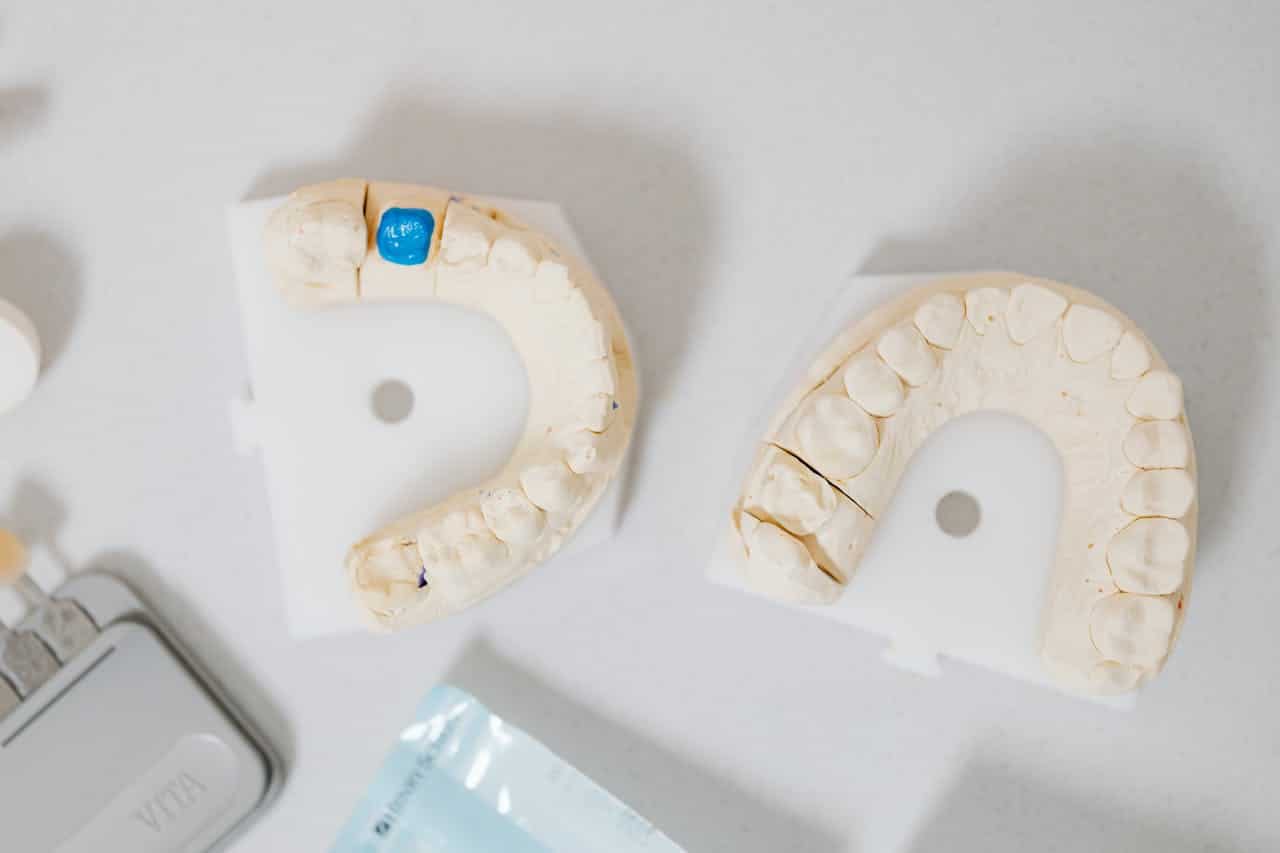Dental advancements have revolutionized tooth replacement options. Now, some solutions are more durable, comfortable and natural-looking than ever before. Over denture implants are one such option. They are an innovative way to restore your smile and improve oral health. If you’re wondering whether you qualify for over denture implants, this blog will guide you through what you need to know.

What Are Over Denture Implants?
An over denture implant is a type of dental prosthetic anchored to dental implants. Unlike traditional dentures, which sit on top of the gums and often rely on adhesives to stay in place, over dentures attach securely to implants anchored to the jaw bone. Because of this, they provide greater stability and functionality.
Key Components of Over Denture Implants:
- Dental Implants: Titanium posts or screws placed into the jawbone to act as artificial roots.
- Over Dentures: Custom-designed dentures that snap or clip onto the implants.
- Attachment Mechanism: Connectors that ensure the over dentures remain secure yet removable for cleaning.
This hybrid approach combines the permanence of implants with the convenience of removable dentures, making it a popular choice for many patients.
Benefits of Over Denture Implants
Choosing over denture implants can transform your quality of life. The following are the benefits you gain when you choose them over other tooth replacement methods.
- Enhanced Stability: Traditional dentures can shift or slip, which may cause discomfort or embarrassment. Over denture implants stay firmly in place, allowing you to speak and chew confidently.
- Improved Comfort: With implants acting as anchors, over dentures reduce pressure on the gums. This means fewer sore spots and a more natural-feeling prosthetic.
- Better Bone Preservation: The jawbone will deteriorate when teeth are missing due to the lack of stimulation. Dental implants help preserve the bone by mimicking natural tooth roots, preventing bone loss and maintaining facial structure.
- Increased Chewing Efficiency: Over denture implants restore a significant portion of your bite force, enabling you to enjoy a wider variety of foods than traditional dentures.
- Aesthetic Appeal: Over dentures look and feel more natural. They are custom-made to fit your mouth to give you a smile that complements your facial features.
- Durability and Longevity: Dental implants can last a lifetime with proper care. Over dentures often require fewer adjustments or replacements than traditional dentures.
How to Know If You Qualify for Over Denture Implants
Not everyone is immediately eligible for over denture implants. However, most people can qualify with proper preparation and a tailored treatment plan. Your dentist or oral surgeon will evaluate several factors to determine your candidacy.
Sufficient Jawbone Density
A strong and healthy jawbone is crucial for successful dental implants. The titanium posts used in the procedure need to fuse securely with the bone through osseointegration. However, when teeth are missing for a long time, the jawbone can shrink or weaken due to lack of stimulation, reducing its overall ability to support implants.
If your dentist determines that your jawbone lacks the necessary density or volume, a bone graft may be recommended. Bone grafting involves adding or replacing bone tissue in the jaw to create a stable base for the implants.
Signs You May Need a Bone Graft:
- Long-term tooth loss
- Advanced periodontal disease
- Significant facial structure changes due to bone resorption
A detailed evaluation by your dentist will help determine the best approach for your situation.
Good Oral Health
The health of your gums and surrounding oral tissues plays a pivotal role in the success of over denture implants. Gum disease, infections or untreated cavities can jeopardize the healing process and increase the risk of implant failure. Before proceeding, your dentist will assess your oral health and address any underlying issues.
Good General Health
Your overall health significantly influences your eligibility for over denture implants. Since the procedure involves surgery and a healing period, your body needs to be capable of repairing and integrating the implants effectively.
Certain medical conditions can delay healing and increase the risk of complications. Before undergoing surgery, it’s essential to work closely with your dentist and healthcare provider to manage health conditions.
Key Health Considerations:
- Manage chronic conditions like diabetes or heart disease.
- Disclose any medications, especially blood thinners or immunosuppressants.
- Dentists or oral surgeons typically evaluate your overall health, including smoking habits, before recommending implants. They may suggest quitting smoking to improve success rates.
Good general health doesn’t mean perfection. It simply means managing existing conditions effectively and committing to a healthier lifestyle.
Commitment to Oral Hygiene
Over denture implants require a long-term commitment to moral hygiene. Unlike traditional dentures, implants integrate with the jawbone and are susceptible to infection or failure if not correctly cared for.
Your dentist may also recommend specific cleaning techniques or tools based on the type of over denture implants you have. For instance, some designs allow you to remove the dentures for easier cleaning, while others may require special attention to the attachments.
The Process of Getting Over Denture Implants
Once you’re deemed a suitable candidate, the process of receiving over denture implants involves several steps, typically completed over a few months.
- Consultation and Evaluation: Your dentist will take X-rays or 3D scans of your jaw to assess bone density and plan the implant placement. They’ll also discuss your medical history and expectations.
- Preliminary Treatments: Preparatory procedures will be performed, like tooth extractions, bone grafts or gum disease treatment.
- Implant Placement Surgery: Dental implants are surgically placed into the jawbone under local anesthesia. The implants usually take three to six months to fuse with the bone.
- Attachment of Abutments: Once the implants are secure, abutments (connectors) are attached to them to prepare them for the overdentures.
- Fitting Your Over Dentures: Custom over dentures are created to fit your mouth perfectly. These are then attached to the abutments, completing the restoration.

Your Journey to a New Smile Begins at Archpoint Implant Dentistry
Over denture implants are a transformative solution for anyone seeking a functional and natural-looking alternative to traditional dentures. At Archpoint Implant Dentistry, we specialize in personalized dental solutions to meet your unique needs.
Our experienced team uses state-of-the-art technology and a patient-centered approach to deliver exceptional results. Whether you need a comprehensive consultation, preparatory treatments or the full implant procedure, we guide you every step of the way to ensure a seamless and successful journey toward your perfect smile.
Contact us now and take the first step toward a more confident you.

